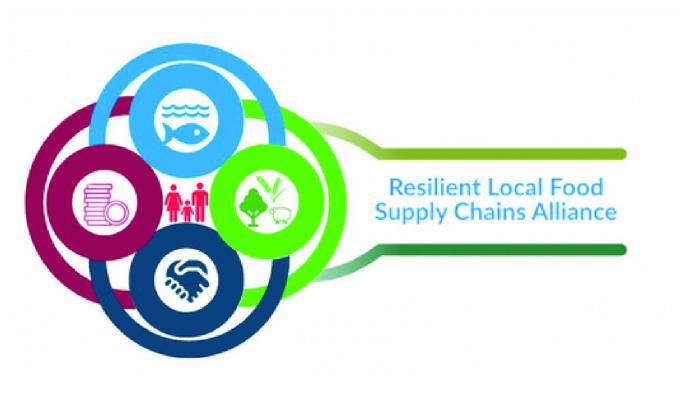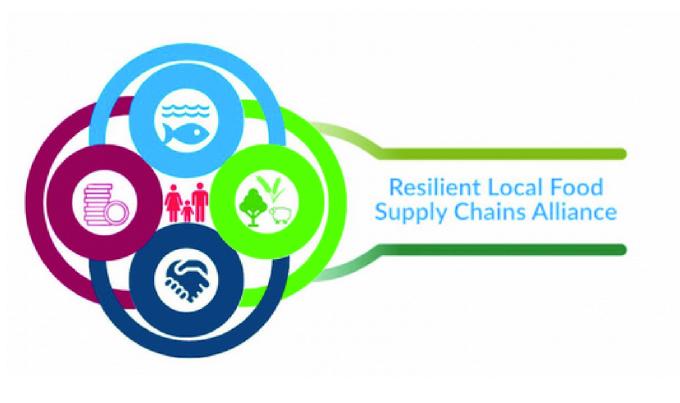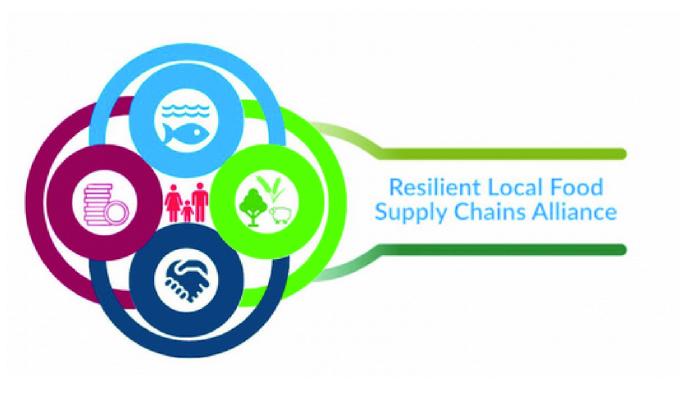Period
2005 - in progress
Empowering rural women through traditional handicrafts: a path to economic independence The Ethno-Network's innovative approach combines cultural heritage preservation with sustainable food systems by empowering rural women artisans in Serbia. By reinvigorating traditional crafts like weaving, knitting, and embroidery, the practice offers an economic lifeline to marginalized women. This fosters a sense of security and self-reliance, reducing their dependence on informal and seasonal employment. By generating income, these women contribute to strengthening local food systems, ensuring better nutrition, food security and economic resilience in their communities. The success of Ethno-Network demonstrates how empowering women in traditional crafts can lead to a more sustainable and inclusive food future.
You must be registered to see all the content
Identification needs
Traditional skills and ancient crafts such as weaving, knitting and embroidery are now mostly considered hobbies, and only the bravest women decide to take the risk and venture into entrepreneurial waters, especially in smaller towns. And how can their hard work be recognized, visible and economically profitable? The status of rural women has not improved relative to other social improvements, but has become even more complex and difficult due to neglect and inadequate investment in rural areas, experts warn. This is backed up by the fact that as many as 92 percent of women in such areas do not have even one meter of land in their possession. The daily work in the household is higher than the average salary. The unpaid work that women do on a daily basis is significantly higher and more valuable than the average wage in Serbia, while more than 60 percent of them are employed informally - either illegally or in seasonal jobs. Three out of four rural women are not adequately paid for their work, even though they take care of the household and the family every day.
Systemic solutions for their empowerment are necessary in order to provide women with stability, encouragement and a sense of security.
Stakeholder change
The Ethno Network is an umbrella organization of artisans from all over Serbia, organized in craft associations and cooperatives, producing authentic handicrafts with traditional techniques. The goal of the Ethno Network is to preserve traditional heritage through the education and economic empowerment of women and young people for market production of handicrafts. It was established in May 2005 with support from USAID and has become a leading professional organization providing training and professional support to its members and setting standards in handicraft production. The Ethno Network works for the economic and social empowerment of artisans and implements actions that put traditional heritage at the service of local development and employment. Through the action of the Ethno Network, the Staparski carpet was rescued from oblivion and included in the national list of intangible cultural heritage, and four traditional techniques were revived: gold embroidery, weaving (kneeling), felting and filet-lace making. The handicrafts of the Ethno Network are used by the government protocol and state institutions as business and diplomatic gifts. By buying products of the Ethno Network we preserve the traditions of Serbia and create a source of income for women and young people from rural areas who produce traditional handicrafts.
Change triggered
In 2017 it launched the "Let's employ 1,000 women in rural areas" initiative in collaboration with the Gender Equality Coordination Office to raise public awareness of the importance of preserving cultural heritage through the economic empowerment of women, especially rural women who produce authentic handicrafts. The initiative is aimed at women who are long-term unemployed and without a source of income, although they have mastered a valuable craft, and promotes handicrafts as a diplomatic and business gift that represents Serbia in an impressive way. In the past five years, we have managed to arrange more than 22,000 hours of work, providing a source of income for hundreds of women whose work has been socially recognized and financially rewarded.
Ethno Network President concluded that measures highlighted as examples of best practice should be applied in other areas, but also to become permanent support programs through gender budgeting and implementation of the Law on Social Entrepreneurship.
EXAMPLES OF BEST PRACTICES
The city of Sombor – announced the first competition on the allocation of funds for the preservation of cultural heritage and the development of the modern way of interpreting local customs and traditions
The city of Pirot – anticipated funds in the budget 2023 to support the employment of weavers making pirot kilims and organized the first kilim festival
The city of Sremska Mitrovica – included handicrafts in the offer of a newly opened tourist center
Municipality of Indjija – launched a colony of gold thread embroidery and included local association and textile school in creative workshops for children and youth and making clothes for Celtic village
Municipality of Knjazevac – provided sales space in the pedestrian zone for association Ethno center
Municipality of Bela Palanka – launched a project for equipping the alley of old crafts and completed phase one.
Short description
Gender equality in Serbia is extremely important because women make up half of our society. Even so, only 14% of women own real estate, and 24% own agricultural land. One-third are entrepreneurs and owners of small and micro enterprises and shops and are self employed, and as many as three out of four women living in rural areas are not paid for their work.
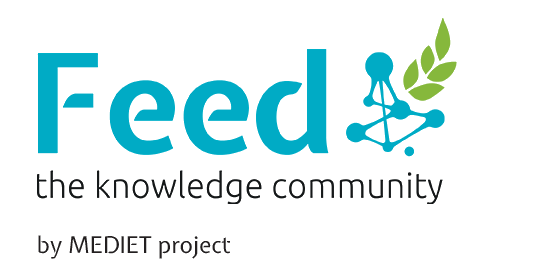








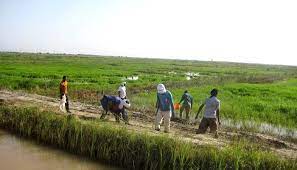
.jpg)


